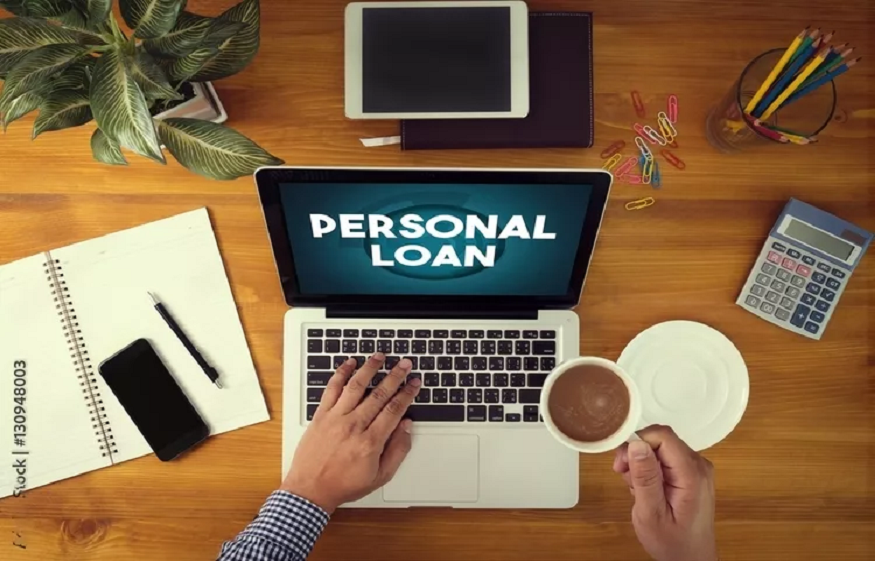Eligibility Criteria You Must Know Before Applying for a Personal Loan

Personal loans are a popular financial product that can provide the necessary funds to meet various personal expenses. However, before you apply for a personal loan, it’s essential to understand the eligibility criteria to increase your chances of approval and secure favorable loan terms. Let’s explore the key factors that determine your eligibility for a personal loan.
Credit Score
Your credit score plays a crucial role in determining whether you qualify for a personal loan. Lenders use this three-digit number to assess your creditworthiness and ability to repay the loan. A higher credit score indicates a lower credit risk and improves your chances of approval. Most lenders prefer borrowers with a credit score of 700 or above. However, some lenders offer personal loans to individuals with lower credit scores but may charge higher interest rates.
Income and Employment Status
Lenders evaluate your income and employment status to determine your ability to repay the loan. You’ll need to provide proof of steady income, such as pay stubs or tax returns, to demonstrate your financial stability. Lenders may also require employment verification to ensure you have a stable job. Self-employed individuals may need to provide additional documentation, such as business financial statements, to verify their income.
Debt-to-Income Ratio
Your debt-to-income (DTI) ratio is another crucial factor that lenders consider when evaluating your loan application. Your DTI ratio is calculated by dividing your total monthly debt payments by your gross monthly income. Lenders prefer borrowers with a DTI ratio of 36% or lower, as it indicates a healthy balance between debt and income. A lower DTI ratio increases your chances of approval and may qualify you for a larger loan amount.
Collateral
Some personal loans require collateral, such as a car title or savings account, to secure the loan. Collateral provides lenders with a guarantee that they can recover their losses if you default on the loan. Secured personal loans typically have lower interest rates and higher loan amounts than unsecured loans. However, failing to repay a secured loan can result in the loss of your collateral.
Age and Citizenship
To qualify for a personal loan, you must meet the age and citizenship requirements set by the lender. Most lenders require borrowers to be at least 18 years old and legal residents or citizens of the country where they’re applying for a loan. Some lenders may have additional age requirements, such as being 21 or older, to qualify for a personal loan.
Credit History
In addition to your credit score, lenders also review your credit history to assess your repayment behavior. A positive credit history with timely payments and low credit utilization can strengthen your loan application. On the other hand, a history of missed payments, bankruptcy, or foreclosure may hinder your chances of approval. Review your credit report before applying for a personal loan to ensure it’s accurate and dispute any errors that could negatively impact your creditworthiness.
Conclusion
Before you apply for a personal loan, it’s crucial to understand the eligibility criteria set by lenders to increase your chances of approval and secure favorable loan terms. By maintaining a good credit score, stable income, low DTI ratio, and positive credit history, you can improve your chances of qualifying for a personal loan that meets your financial needs. Remember to compare offers from multiple lenders to find the best loan terms and interest rates based on your eligibility criteria for personal loan.
